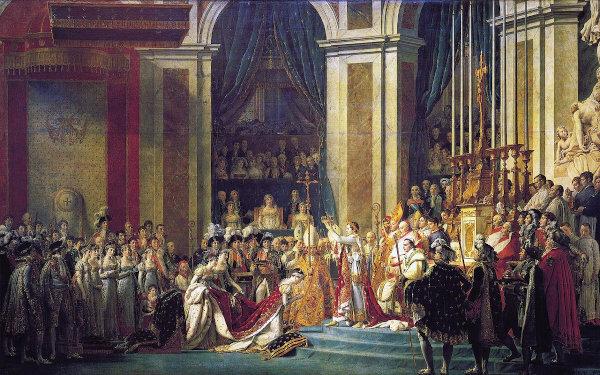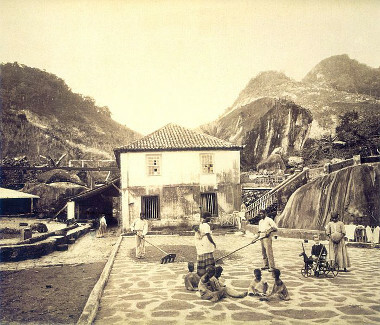question 1
(Mackenzie) “There is no society, only individuals”. (Margaret Thatcher, British Prime Minister). First woman to hold the position of prime minister in British history, from 1979 to 1990, Thatcher received the title of “the strong man of the Kingdom” from then-US President Ronald Reagan United". Indicated by the Conservative Party, its firm decisions marked the adoption of a neoliberal policy and the end of the model, then practiced, known as welfare state. With regard to this new model of government, mark the correct alternative.
a) Privatization of state-owned companies, in which products and services considered strategic for sovereignty are subject to the logic of the international market, allowing an increase in public spending on health and education.
b) Resumption of an economic policy supported by economists, such as Haydek and Friedman, defending absolute economic freedom, but with concerns about the distribution of wealth national.
c) Possibility for developing countries to improve their membership, with the increase of jobs for the working class, thanks to the work of transnational companies in various sectors.
d) Cutting spending in the social sector, increased unemployment, tougher negotiations with unions, raising interest rates and ending state intervention, giving total freedom to the financial and economic.
e) New government directive adopted by Thatcher, in England, was not implemented by the leaders from other nations, who criticized the social inequalities generated by the adoption of this model. economic.
question 2
“The Thatcherites are "Burkeans", not "Right Leninists". So, instead of a headstrong, radical, and abolitionist approach to achieving economic freedom, they preferred to indulge in the glories of gradualism and moderation. This could be proven right in the first years of government. Instead of a strict monetary policy, instead of the complete interruption of monetary expansion to put an end to rising inflation, a much more gradual monetary tightening was chosen. And what was the result of this gradualism in monetary policy? Gradualism led to a chronic recession, which was inevitable, but it was not restrictive enough to end inflation or to reinvigorate the economy. Soon, there was the worst of all worlds: recession, unemployment and price inflation. And this scenario lasted until approximately 1985, when these indicators improved. But the good moment, obviously, generated new loosenings in monetary policy, so that, as early as 1990, they were all again as bad as at the beginning of the administration.” (ROTHBARD, Murray N. Goodbye to the Iron Lady. In: Instituto Ludwig von Mises Brazil, February 27, 2012).
Taking into account the fact that the author of the text, economist Murray Rothbard, is a notorious representative of the School Austrian Economics and, therefore, defender of the free market and state non-interventionism, we can say that, in this passage, Rothbard:
a) it only disagrees on the point relating to the Welfare State.
b) endorses all decisions made by Thatcher in the area of economic policy.
c) criticizes the Thatcher government's policy of monetary restraint.
d) criticizes the shift to communism, which was the main feature of the Thatcher government.
e) endorses the welfare economic policy of the Thatcher Government.
More questionsIn this video lesson, we will study reflexive pronouns, which indicate that an action falls on the subject himself. In addition, we will highlight the reciprocity relationship that occurs when there are two or more individuals performing a certain act. Come on?
With regard to spelling, the use of whys is certainly one of the issues that most raise doubts among Portuguese speakers. After all, when to use “why” separately, “because” together or “why” and “why” in a strong way? In this video lesson, we will clarify, once and for all, the most appropriate use of these words.


